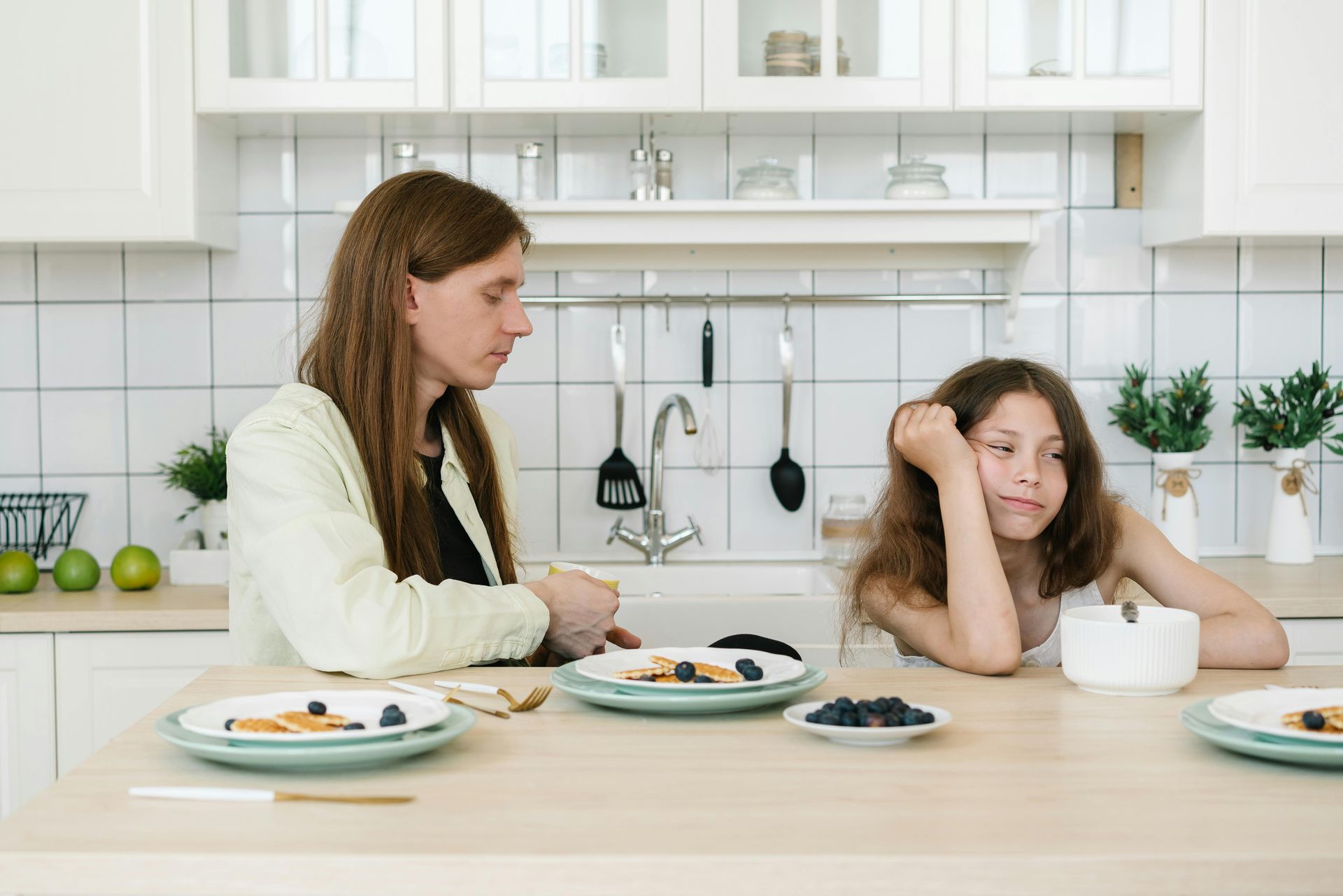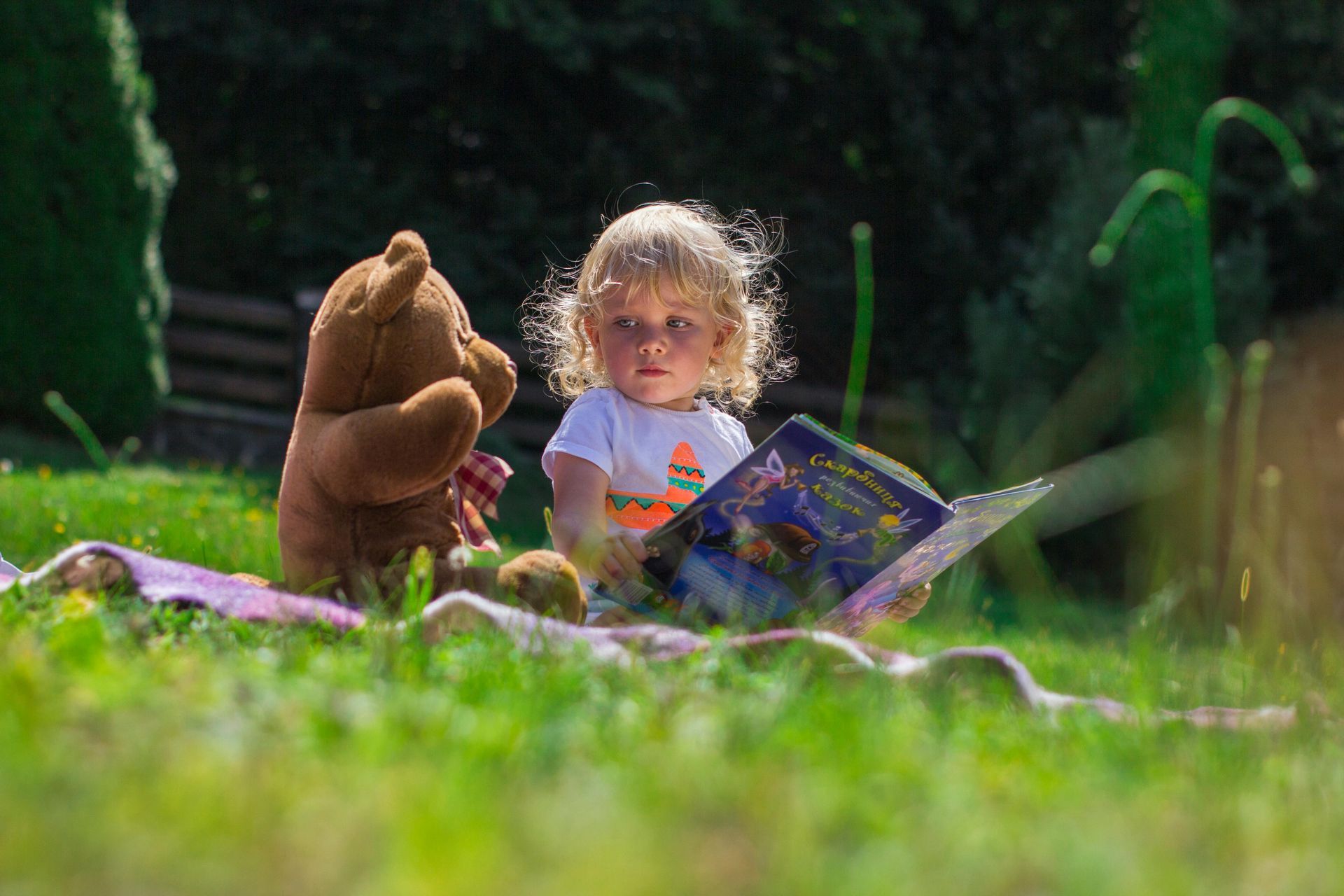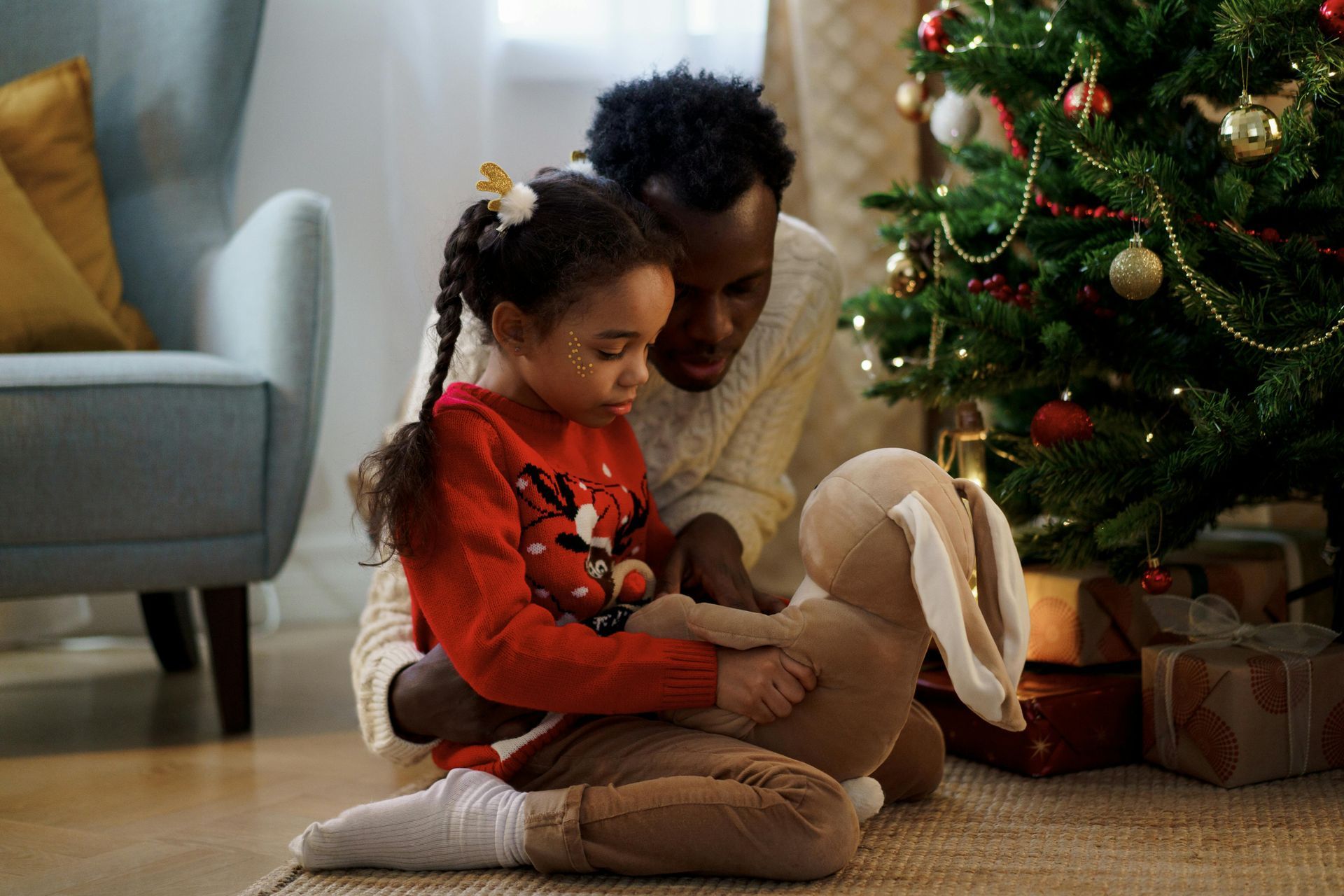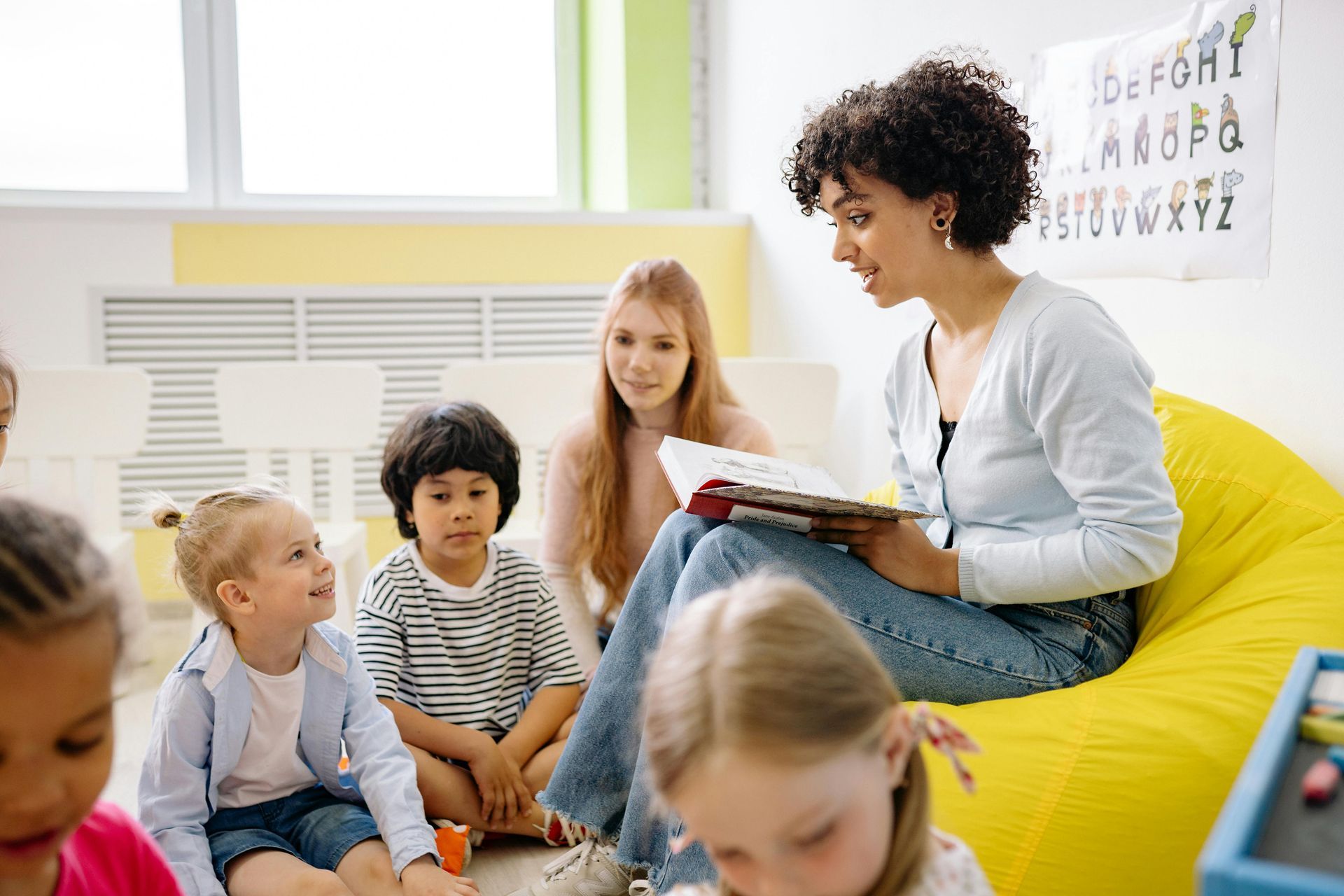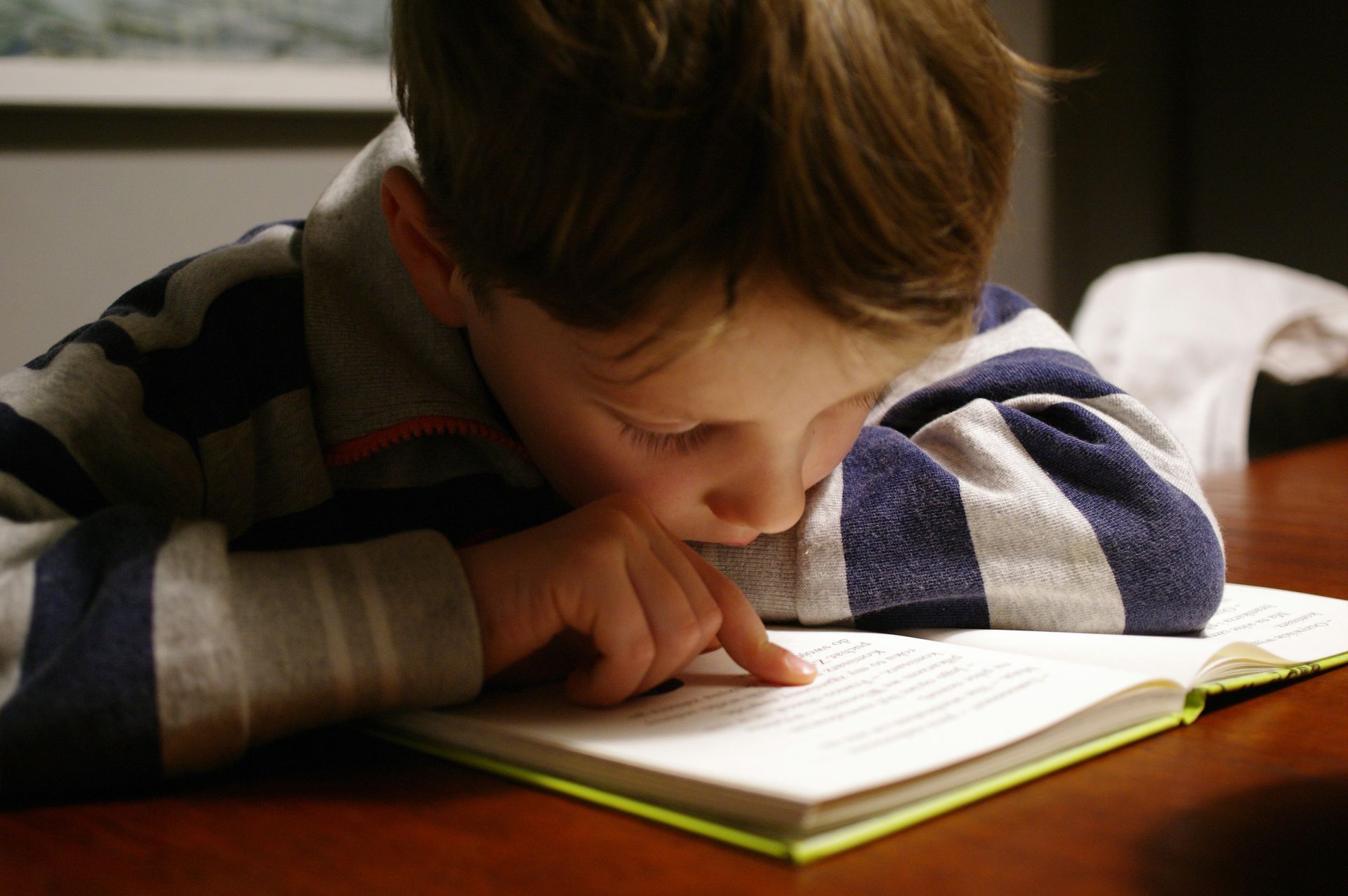Your child, their emotions. Help them 'Find their happy'.
It is our responsibility to encourage positive emotional development in the early years, and deal with negative emotions such as anger, frustration, sadness, and loneliness. Training the infant and child to cope with these emotions in a positive manner will eventually lead to a healthy future.
For all of us emotions are a part of our everyday life. Emotions are the first thing we experience at birth, they are there with us from the beginning, like when a child yells and screams in a supermarket because they want a specific toy or when they fall down on the playground and begin crying.
Caring for children is challenging, especially when they are still learning about their emotions. As caregivers, we want to teach about emotional regulation, to teach the young mind how to respond to an emotional situation and help them work through big behaviours.
Understanding the Impact of Covid on Children’s Mental Health
The recent pandemic has had an immense negative impact on children's minds, with long-term effects on their mental health. Children experienced extended periods of physical isolation from friends, extended family, and teachers, as well as a general lack of social connection. Isolation is a huge contributor to mental health issues because we are all naturally social beings. Infants and preschool children were particularly affected by the isolation. The more children talk about their feelings and emotions, the better they feel, and the more open we all are - that is when we can eventually find our happiness.
Ideas to help children understand emotions;
Create a safe place for the child, a comfort corner where children and caregivers can come together and learn about their emotions. The area can be in a corner of a room, in a closet, or even in a tent. If you have the time make it a special little den. This space can also include specific activities that will allow a child to explore their feelings and actively pursue a calm state.

Never underestimate the importance of roleplay. This activity enhances children's personal, social and emotional development by providing opportunities for playing with on their own, or playing with others and letting their imagination run wild. It actually develops social and communication skills, developing autonomy, and sometimes sustaining involvement for long periods of time with or without adult support.
Unfortunately reading to children has declined, it is incredibly important. It helps them expand their minds and be more creative. It also strengthens interpersonal relationships. Studies show that reading promotes cognitive development and improves language skills. If children learn about experiences through a book they can then apply them to situations in real life.
Emotionally engaging books to read - ‘Mabel Finds her Happy’
Author Allie wanted to help parents, teachers and educators make positive changes in children's lives by creating a teaching aid to help them explore emotions and feelings, as well as a strategy for coping with them. This first book addresses the implications of loneliness on young minds, and also brings to light their challenges and present needs, particularly appropriate for children affected by isolation during the lockdown period.
Mabel also covers the topic of depression
You can help children understand the feelings and emotions they may be experiencing or could experience. Introducing a tricky topic in a familiar setting for children, encouraging understanding of a very relevant topic in the modern day world, that wouldn't normally be covered at home or within EYFS learning. Reassuring them that these feelings are okay, giving them a relatable source, and providing a solution to find their own happiness. Allie is exploring a range of topics to support children in their journey of developing self-confidence, even empathy.
In the end we all want our children to have the ability to develop healthy, meaningful and lasting friendships and partnerships, and to have a sense of importance and a real sense of value. Their social and emotional development influences the rest of their life.



